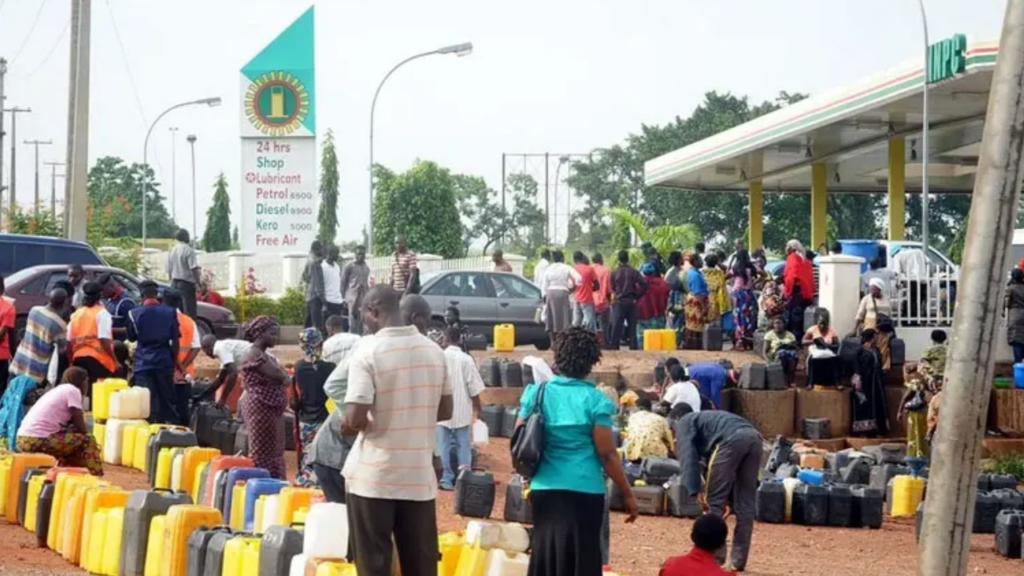Solid Minerals
Chinese Yuan Iron-Ore Contract Faces Hurdles
BEIJING – China’s Bohai Commodity Exchange hopes to increase its influence on the pricing of iron ore with a plan to make yuan-denominated contracts available to overseas investors, but the latest effort to capitalize on the internationalization of the Chinese currency faces daunting hurdles.
Late last month, the People’s Bank of China approved the Bohai bourse’s application for the first cross-border commodity contract offered out of China, and the physical iron-ore contract is expected to make its debut in the first quarter, the exchange’s Vice General Manager Zheng Yu recently told the Wall Street Journal.
Mr. Zheng said the exchange wants to target Australian investors at the outset, and then gradually expand its reach to target investors in South America, namely countries like Brazil, another key source of China’s iron-ore imports.
It will be as simple as opening a yuan account at an Australian branch of the Bank of China or China Merchants Bank and registering with the Bohai exchange, Mr. Zheng, said. This will position Australian miners, for example, to trade directly with buyers such as Chinese steel mills, he added.But even Chinese steelmakers don’t seem too excited about this prospect.
 “I doubt this Bohai contract will gain much traction because nearly all of China’s iron-ore trade is settled in dollars, and there’s little interest or incentive to settle in the yuan,” said an iron-ore manager at Baoshan Iron & Steel Co., the listed unit of Baosteel Group, China’s third-largest steelmaker by output.
“I doubt this Bohai contract will gain much traction because nearly all of China’s iron-ore trade is settled in dollars, and there’s little interest or incentive to settle in the yuan,” said an iron-ore manager at Baoshan Iron & Steel Co., the listed unit of Baosteel Group, China’s third-largest steelmaker by output.
Baoshan Iron and its iron-ore suppliers use the U.S. currency to settle their contracts, as it is the standard currency in global commodity trade, the company said. That is around $4 billion that Baoshan Iron spends on roughly 40 million tons a year of iron ore, the manager said.
Australia accounts for two-thirds of China’s iron-ore imports, which hit a record 77.84 million metric tons in November, and traders estimate the total for 2013 will be 800 million tons—valued at more than $107 billion based on current prices.
While Australian companies are likely to be studying the planned contract, people familiar with the largest miners say the Bohai exchange isn’t likely to see a significant or swift uptake, as such companies like to trade in U.S. dollars to limit currency risk.Although the Chinese government is implementing financial reforms that in part will lead to increased use of the country’s currency overseas, the yuan is currently being used to pay for just 0.8% of all global transactions, lagging currencies from much smaller economies, including Thailand and Sweden, according to a report from Swift last month.
Nevertheless, the yuan did recently overtake the euro and the yen to become the No. 2 currency used in global trade finance, the Swift report showed, with importers and exporters using China’s currency for 8.7% of their financing agreements with trade partners in October.
Even the Bohai exchange’s Mr. Zheng recognizes that the new contract faces a significant hurdle in becoming a global benchmark given that global miners and steel mills settle their trades each month with reference to a well-established iron-ore index provided by pricing firm Platts.
“There are different kinds of iron-ore products out there, and their [price] differences are changing constantly,” said Jessica Xu, an analyst with Metal Bulletin Research, which offers an iron-ore index in competition with Platts. “An index can take those into account and reflect them, so it seems that [an iron-ore] index is more likely to fare well in the market.”
– WALLSTREET JOURNAL
Business
Nigeria set to boost Naira value and foreign reserve with local gold production, as Tinubu receives gold bar
IN a significant move to strengthen Nigeria’s economy, President Bola Tinubu received a symbolic gold bar on Sunday from the Minister of Solid Minerals Development, Dele Alake.
This gesture marks the commencement of the National Gold Purchase Program (NGPP), aimed at boosting the naira’s value and enhancing the country’s foreign reserves.
Minister Alake expressed gratitude to President Tinubu for his support of reforms in the solid minerals sector.
He highlighted that the NGPP, which involves sourcing gold from artisanal and small-scale miners and refining it to meet the London Bullion Market Association’s Good Delivery Standard, will substantially contribute to Nigeria’s economic stability.
Alake stated “This initiative will significantly increase our foreign reserves and strengthen the naira. The refined gold will be supplied to the Central Bank of Nigeria, marking a crucial step in our economic strategy.”
The presentation also underscored the first commercial transaction under the NGPP, establishing a centralized gold purchasing system that integrates small-scale miners, cooperatives, and production units across the nation.
This program is expected to provide a structured market for gold, fostering economic growth and stability.
He said, “The successful completion of the first commercial transaction clearly demonstrates the National Gold Purchase Program’s effectiveness. It has increased the nation’s foreign reserves assets and shown that using the Nigerian Naira to purchase a liquid asset traded in United States Dollars, such as gold, is a viable strategy. This transaction has also underscored the potential of the National Gold Purchase Program to enhance fiscal and monetary stability.”
Alake added that the initial commercial transaction under the program resulted in a +US$5 million boost in Nigeria’s foreign reserve assets.
The transaction involved refining over 70 kilograms of gold to meet the London Bullion Market quality standard and aggregating locally mined gold, thereby infusing approximately NGN6 billion into the rural economy.
President Tinubu expressed appreciation for the Ministry’s accomplishment in advancing the government’s goal of economic diversification by acknowledging and displaying the symbolic gold bar
Solid Minerals
FG Fingers Foreigners Sponsoring Banditry For Illegal Mining

The Nigerian Government has threatened to come down heavily on foreigners sponsoring bandictory as a way of sustaining illegal mining activities in parts of the country.
The warning was handed down in Abuja by Minister, Solid Minerals Development, Dr Oladele Alake, while receiving a delegation of the Nigeria-China Chamber of Mines led by its National President, Dr. Olugbenga Ajala.
Details of these were contained in a statement released by Head, Press & PR, Ministry of Solid Minerals Development, Alaba Balogun over the weekend.
The statement cited, Dr Alake, thus, “The government will come down firmly on these unscrupulous foreign operators sponsoring banditry to perpetrate illegal mining: let me use this medium to appeal through you to tell those sponsors to desist or face the full wrath of the law.”
According to Dr Alake, the Ministry is committed to establishing a multi-agency task force that will end the activities of illegal miners and their collaborators.
The Minster made it clear that the FG had given illegal miners a 30-day-ultimatum to legitimise their businesses, quit Nigeria or incur the wrath of the law.
According to him, this will help “to streamline and structure the Small-Scale Artisanal Miners for maximum yield to the Federal Government.”
The delegation paid a courtesy call on the Minsiter at the Ministry’s headquarters in Abuja.
Energy
Fuel Scarcity: Govt Yet to Increase Pump Prices – NMDPRA

By Edozie Obasi-Eze
Amidst heightening uncertainties in the domestic petroleum products market characterised by scarcity and irregular pricing, the Nigerian Midstream and Downstream Petroleum Regulatory Authority (NMDPRA) has declared that there’s no intention to review pump prices upwards.
This was contained in an advisory issued by General Manager, Corporate Communications, NMDPRA, Kimchi Apollo.
He stated that the Nigerian National Petroleum Corporation Limited (NNPCL) had imported PMS with current stock levels sufficient for 34 days.
In an attempt to address panic buying and speculations which have seen price of Premium Motor Spirit (PMS) oscillate between N180-N250 in the Lagos area, Apollo assured that there was enough quantity of the product in the country already.
He said, “Consequently, marketers and the general public are advised to avoid panic buying, diversion of products and hoarding.
“In keeping with the Authority’s responsibilities as outlined in the Petroleum Industry Act (PIA), the Authority assures the public that it would continue to monitor the supply and distribution of petroleum products nationwide, especially during this holiday season.”













